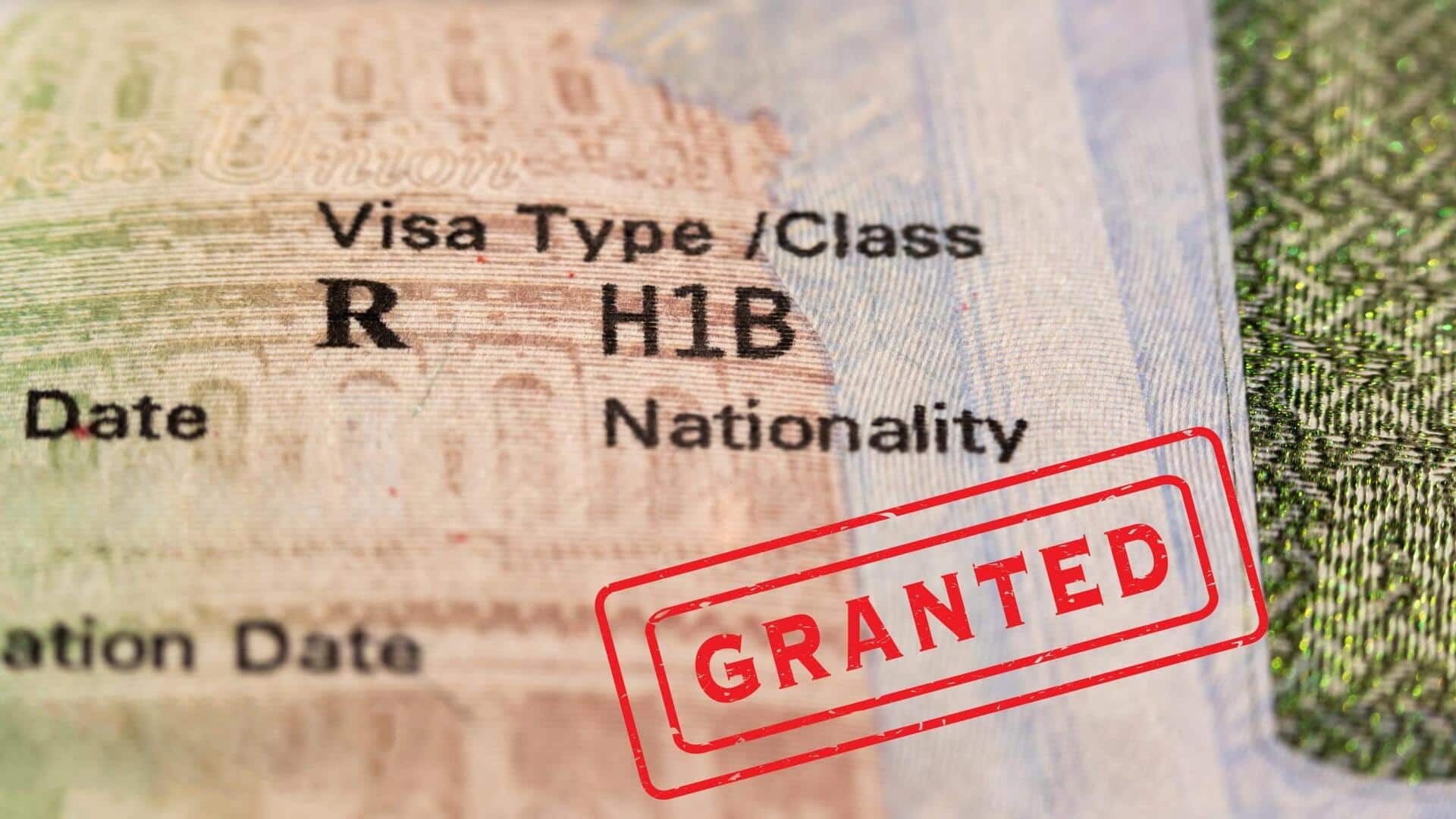Economist Warns US Companies May Shift to Outsourcing Instead of Using H-1B Program
Economist Peter Schiff has stirred controversy regarding the H-1B visa program by expressing his opinion that the recent hike in visa fees may not deter tech companies from hiring foreign talent. Instead, he warns that companies might opt to hire foreigners for remote roles, where employees work outside of the United States.
If this shift occurs, the intended goal of preserving American jobs may not be achieved. Several social media users joined the debate, sharing mixed opinions. Many expressed that they are comfortable with companies hiring remote workers abroad, as long as migrants are not crowding the US job market.
“One of the unintended consequences of Trump’s $100,000 fee on H-1B visas is that companies will outsource the work outside of the U.S. Remote workers won’t pay U.S. income taxes or spend their earnings in ways that benefit local landlords or other U.S. businesses and their workers,” Schiff posted on X.
The conversation continued with users weighing in on the implications:
– “I don’t think MAGA racists would have any problem with the jobs being outsourced to India. They don’t really care about the jobs they know they lack the skills to get. Their problem is they don’t want non-white immigrants,” one user commented.
– “We are fine with that. Let them stay remote in other countries. It is low-level work most of the time. We prefer that they don’t come here and they don’t bring all of their H-4 visa family members also,” another said.
– “They could have offshored the work before H-1B, but they chose the pricier alternative of having them brought in. Most likely they’ll pay to keep the best ones, jettison the rest, and replace them with domestic workers,” added a third user.
Many argue that offshoring is already a viable option for companies and nothing has prevented them from doing so previously. Still, companies have chosen to hire H-1B workers and bring them to the U.S. Now, with increased visa costs, the dynamics may change.
This raises an important question: Who will be hurt by the $100,000 visa fee? Will it harm foreign countries, or will it negatively impact the U.S. economy?
Economists have already issued warnings that a decline in immigrant workers due to the increased visa fee could hurt the U.S. economy. H-1B visa holders contribute significantly by spending and investing their salaries within the U.S., which in turn boosts consumer demand and creates new jobs.
As the debate continues, it remains to be seen how companies will adapt their hiring strategies and what long-term effects the visa fee hike will have on the American workforce and economy.
—
Follow Us On Social Media for more updates.
https://timesofindia.indiatimes.com/world/us/us-companies-will-now-hire-remote-workers-economists-take-on-h-1b-visa-fee-hike-triggers-debate/articleshow/124186565.cms
